Comparative Analysis of Leading Database Management Systems
By Lucy Chen | Published: 2025-02-19 | Category: Database Management System
About Database Management System
Database Management Systems (DBMS) are software applications designed to create, maintain, and manage databases efficiently and securely. They provide an interface for users and applications to interact with the underlying data.
Scoring Criteria
- → Performance
- → Scalability
- → Ease of Use
- → Security
- → Community & Support
- → Feature Set
- → Cost-Effectiveness
The Best Database Management System
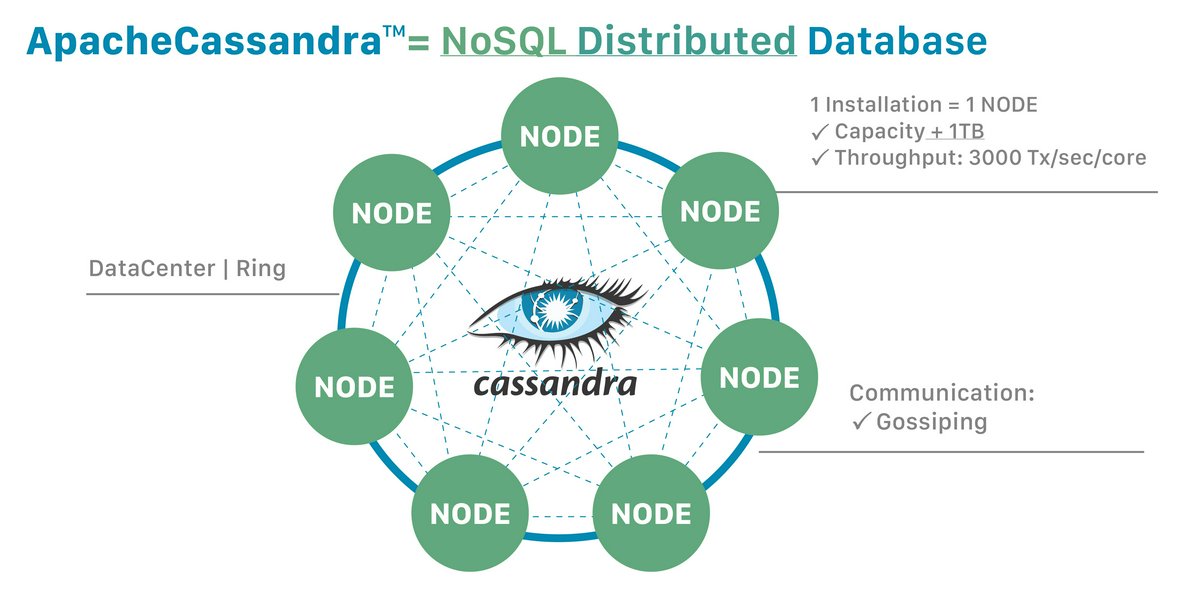 #10
#10
Apache Cassandra
By Apache Software Foundation
An open-source, distributed, wide-column store NoSQL database designed for high availability and scalability across many servers.
Platforms & Use Cases
Platforms: Linux, Windows, macOS, Cloud Platforms
Best For: Large-Scale Data Platforms, IoT Data Collection, Time-Series Data, Write-Heavy Workloads, Applications requiring constant uptime
Key Features
- ✓Distributed Architecture: Peer-to-peer, masterless design.
- ✓Linear Scalability: Performance scales linearly with the number of nodes.
- ✓High Availability: No single point of failure, data replication across nodes/datacenters.
- ✓Tunable Consistency: Configurable consistency levels per operation.
- ✓Fault Tolerance: Designed to handle node failures gracefully.
Scorecard (Overall: 7.6 / 10.0)
Pricing
Open Source
Contact Vendor
- Full feature set
- Community support
Limitations: Requires significant operational expertise
Pros
- + Massively scalable
- + Excellent write performance
- + High availability and fault tolerance
- + No single point of failure
- + Good for geographically distributed data
Cons
- - Complex to operate and manage
- - Limited ad-hoc query capabilities compared to SQL
- - Eventual consistency requires careful application design
- - Read performance can depend heavily on data model
Verdict
"Ideal for massive datasets requiring extreme scalability and uptime, particularly for write-intensive workloads, but demands significant operational investment."
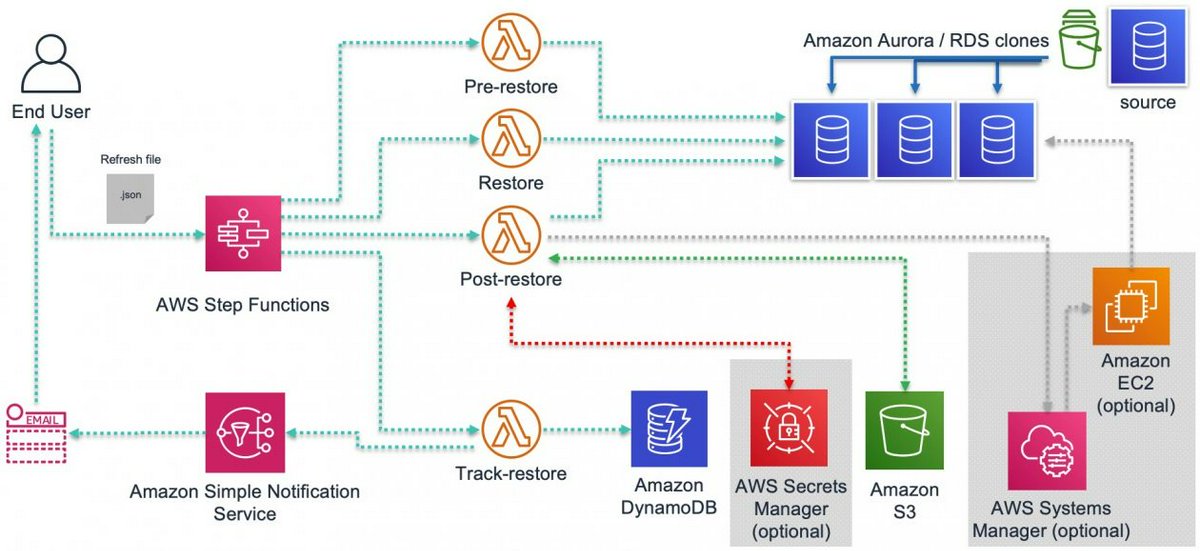 #9
#9
Amazon Aurora
By Amazon Web Services (AWS)
A MySQL and PostgreSQL-compatible relational database built for the cloud, offering high performance and availability.
Platforms & Use Cases
Platforms: AWS Cloud
Best For: High-Throughput Transactional Systems, SaaS Applications, Enterprise Applications on AWS, Applications needing high availability
Key Features
- ✓MySQL/PostgreSQL Compatibility: Drop-in compatible with existing applications.
- ✓Performance: Claims significantly higher throughput than standard MySQL/PostgreSQL.
- ✓High Availability & Durability: Data replicated across multiple Availability Zones, auto-healing storage.
- ✓Scalability: Auto-scaling storage, support for read replicas.
- ✓Serverless Option: Automatically starts, scales, and shuts down based on demand.
Scorecard (Overall: 8.3 / 10.0)
Pricing
On-Demand Instances
$0.10 / Per Hour (Example)
- Pay per instance hour
- Scalable
Limitations: Pricing varies by region and instance type
Serverless v2
$0.12 / Per ACU-Hour (Example)
- Auto-scaling compute
- Pay for capacity consumed
Limitations: Can be more expensive for steady workloads
Reserved Instances
Contact Vendor
- Discounted hourly rate
Limitations: Requires upfront commitment
Pros
- + Excellent performance and scalability
- + High availability built-in
- + Managed service reduces operational overhead
- + Compatible with popular open-source databases
- + Serverless option simplifies capacity management
Cons
- - Vendor lock-in to AWS
- - Can be more expensive than self-hosting
- - Feature lag compared to latest PostgreSQL/MySQL releases sometimes
Verdict
"A top-tier managed cloud relational database for applications running on AWS, offering superior performance, availability, and scalability compared to standard RDS."
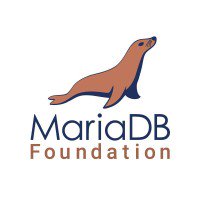 #8
#8
MariaDB
By MariaDB Corporation & MariaDB Foundation
A community-developed, commercially supported fork of MySQL, intended to remain free and open-source under the GPL.
Platforms & Use Cases
Platforms: Linux, Windows, macOS, Cloud Platforms
Best For: Web Applications (LAMP alternative), Drop-in MySQL replacement, Data Warehousing (ColumnStore), Enterprise Applications
Key Features
- ✓MySQL Compatibility: Designed as a drop-in replacement for MySQL.
- ✓Storage Engines: Includes InnoDB, MyRocks, Spider, and the columnar Aria and ColumnStore engines.
- ✓Performance Enhancements: Often includes performance improvements over standard MySQL.
- ✓Temporal Data Tables: Support for system-versioned tables.
- ✓Galera Cluster: Synchronous multi-master clustering.
Scorecard (Overall: 8.3 / 10.0)
Pricing
Community Server
Contact Vendor
- Core features
- Community support
Limitations: Self-managed
Enterprise Server (Subscription)
Contact Vendor
- Commercial support
- Advanced tooling
- Indemnification
Limitations: Requires subscription for enterprise features/support
SkySQL (Cloud)
Contact Vendor
- Managed cloud service
- DBaaS
Limitations: Costs scale with usage
Pros
- + High compatibility with MySQL
- + Strong open-source commitment
- + Includes additional storage engines (e.g., ColumnStore)
- + Active development community
- + Enterprise support available
Cons
- - Slightly smaller user base than MySQL
- - Potential divergence from MySQL over time
Verdict
"A compelling open-source alternative to MySQL, offering compatibility, enhanced features, and a strong commitment to open source principles."
 #7
#7
SQLite
By D. Richard Hipp
A C-language library that implements a small, fast, self-contained, high-reliability, full-featured, SQL database engine.
Platforms & Use Cases
Platforms: Linux, Windows, macOS, iOS, Android, Embedded Systems
Best For: Mobile Applications, Desktop Applications, Embedded Devices, Web Browser Storage, File Archiving, Testing
Key Features
- ✓Serverless: No separate server process; database is stored in a single file.
- ✓Self-Contained: Requires minimal external dependencies.
- ✓Transactional: Full ACID compliance.
- ✓Zero-Configuration: No setup or administration needed.
- ✓Cross-Platform: Database files are portable across systems.
Scorecard (Overall: 7.3 / 10.0)
Pricing
Public Domain
Contact Vendor
- Full feature set
- Widely usable
Limitations: Not suitable for high-concurrency write scenarios
Pros
- + Incredibly simple to use and deploy
- + Excellent performance for single-user or low-concurrency access
- + Reliable and robust
- + Ubiquitous platform support
- + Completely free
Cons
- - Limited concurrency (write operations lock the database)
- - Not suitable for client-server applications
- - Limited scalability
Verdict
"The perfect choice for embedded systems, mobile/desktop apps, and situations needing a simple, reliable, file-based database without network access."
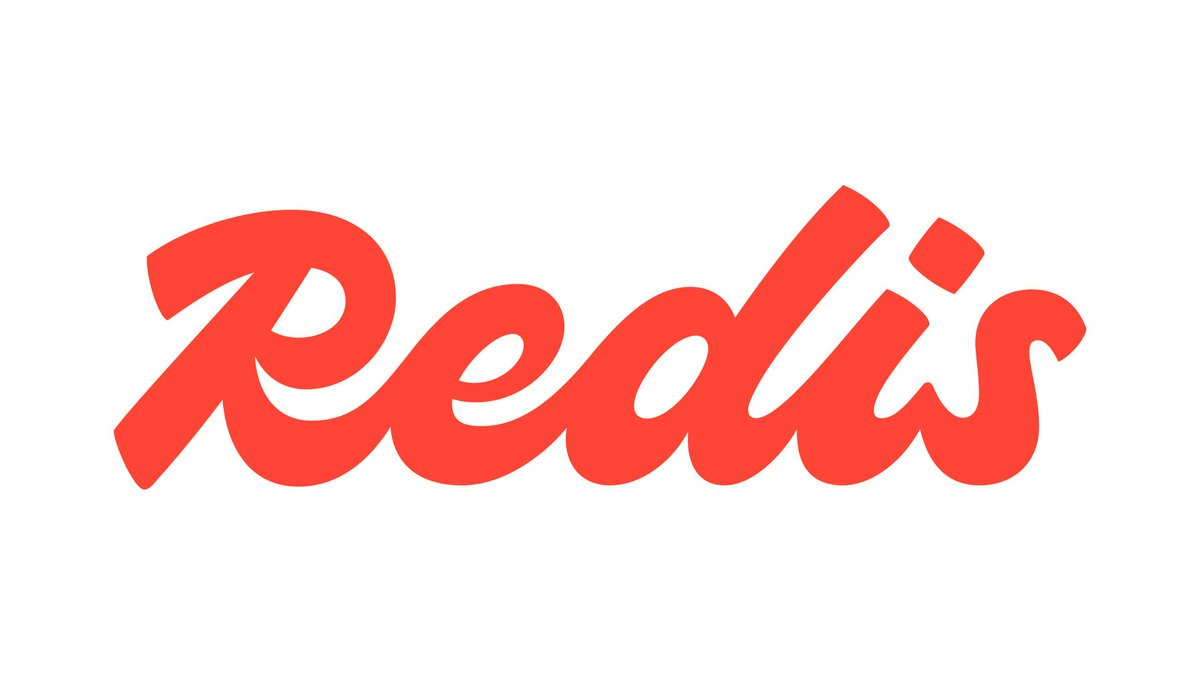 #6
#6
Redis
By Redis Ltd.
An open-source, in-memory data structure store, often used as a cache, message broker, and high-performance NoSQL database.
Platforms & Use Cases
Platforms: Linux, macOS, Windows (unofficial/WSL), Cloud Platforms
Best For: Caching, Session Management, Real-time Leaderboards, Message Queuing, Rate Limiting
Key Features
- ✓In-Memory Speed: Extremely fast read/write operations.
- ✓Data Structures: Supports strings, hashes, lists, sets, sorted sets, streams, bitmaps, etc.
- ✓Persistence Options: Supports snapshotting (RDB) and journaling (AOF).
- ✓Pub/Sub Messaging: Built-in publish/subscribe capabilities.
- ✓Lua Scripting: Execute complex atomic operations server-side.
Scorecard (Overall: 8.1 / 10.0)
Pricing
Open Source
Contact Vendor
- Core features
- Community support
Limitations: Self-managed
Redis Enterprise Software
Contact Vendor
- Enhanced clustering, geo-replication, support
Limitations: Requires commercial license
Redis Enterprise Cloud
Contact Vendor
- Managed service
- High availability
- Scalability
Limitations: Costs scale with usage
Pros
- + Blazing fast performance
- + Versatile data structures
- + Simple to set up and use for common cases
- + Excellent for caching and session management
- + Widely adopted
Cons
- - Primarily single-threaded core (though improving)
- - Data set size limited by RAM (unless using Enterprise features)
- - Persistence adds overhead
Verdict
"Unbeatable for caching and scenarios requiring extreme speed. Its versatile data structures make it a powerful tool beyond just caching."
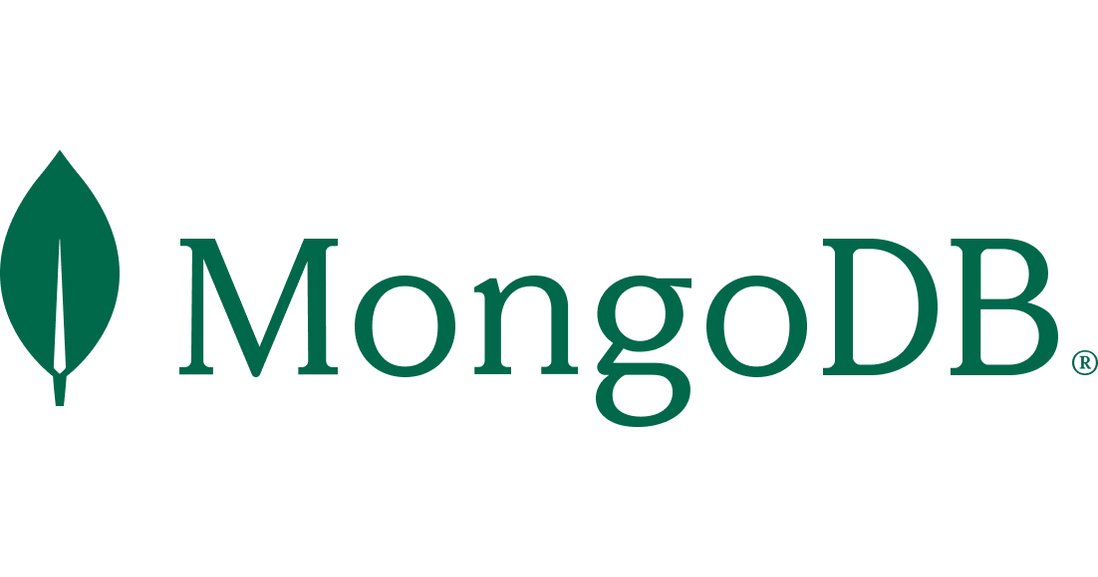 #5
#5
MongoDB
By MongoDB, Inc.
A popular source-available, document-oriented NoSQL database known for its flexibility, scalability, and ease of development.
Platforms & Use Cases
Platforms: Linux, Windows, macOS, Cloud Platforms (Atlas)
Best For: Content Management, Product Catalogs, Real-time Analytics, Mobile Applications, IoT Data
Key Features
- ✓Flexible Schema: Document-based model allows for evolving data structures.
- ✓Horizontal Scalability: Built-in sharding for distributing data across servers.
- ✓Rich Query Language: Supports ad-hoc queries, indexing, and aggregation.
- ✓High Availability: Replica sets provide automatic failover.
- ✓Atlas Cloud Service: Fully managed cloud database offering.
Scorecard (Overall: 8.1 / 10.0)
Pricing
Community Server
Contact Vendor
- Core NoSQL features
- Community support
Limitations: Self-managed
Enterprise Advanced
Contact Vendor
- Advanced security, management tools, support
Limitations: Requires commercial license
Atlas (Cloud)
Contact Vendor
- Managed service
- Serverless instances
- Global clusters
Limitations: Costs scale with usage
Pros
- + Flexible data model accelerates development
- + Easy horizontal scaling
- + Good performance for many NoSQL use cases
- + Popular with developers
- + Managed Atlas service is convenient
Cons
- - Transactions can be less robust than traditional RDBMS (though improving)
- - Potential for higher memory usage
- - Consistency trade-offs depending on configuration
Verdict
"A leading NoSQL database ideal for applications needing flexible schemas, rapid development, and horizontal scalability, especially when leveraging the Atlas cloud platform."
 #4
#4
Oracle Database
By Oracle Corporation
A leading multi-model enterprise relational database management system known for its performance, scalability, and comprehensive features.
Platforms & Use Cases
Platforms: Linux, Windows, Solaris, HP-UX, AIX, Oracle Cloud
Best For: Large-Scale OLTP, Data Warehousing, Mission-Critical Applications, Enterprise Systems
Key Features
- ✓Real Application Clusters (RAC): High availability and scalability clustering technology.
- ✓Advanced Security Options: Comprehensive security features including Database Vault, Advanced Security Encryption.
- ✓Pluggable Databases: Multi-tenant architecture for consolidation.
- ✓In-Memory Database: Option for high-speed data processing.
- ✓Comprehensive Tooling: Extensive tools for management, development, and tuning.
Scorecard (Overall: 8.1 / 10.0)
Pricing
Express Edition (XE)
Contact Vendor
- Core engine
Limitations: Resource constraints (CPU, RAM, DB size)
Standard Edition 2 (SE2)
$17500.00 / Per Processor License (Estimated)
- Core features
- Basic RAC
Limitations: Socket/thread limits, fewer options
Enterprise Edition (EE)
$47500.00 / Per Processor License (Estimated)
- Full feature set
- All options available (often extra cost)
Limitations: Very high cost, complex licensing
Pros
- + Exceptional performance and scalability
- + Richest feature set on the market
- + High reliability and availability options
- + Strong security capabilities
Cons
- - Extremely expensive
- - Complex licensing and management
- - Vendor lock-in concerns
- - Steep learning curve
Verdict
"The gold standard for demanding, mission-critical enterprise applications where performance and features justify the significant cost and complexity."
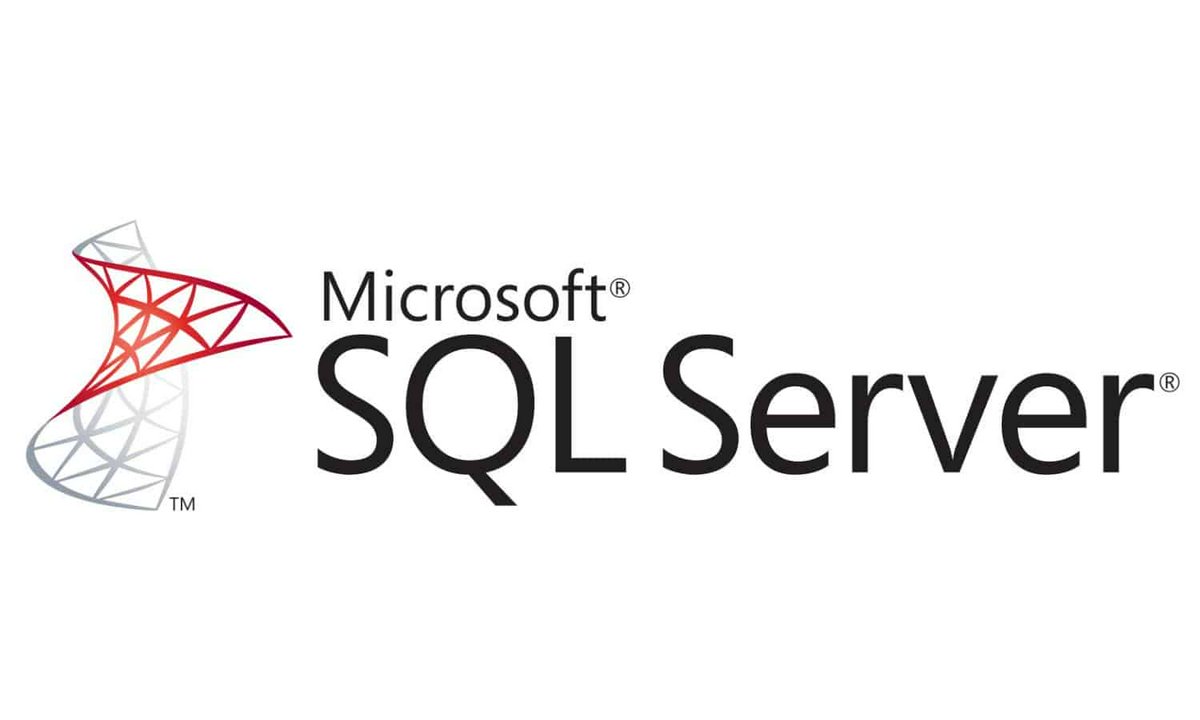 #3
#3
Microsoft SQL Server
By Microsoft
A comprehensive enterprise-level relational database management system with strong performance, security, and business intelligence features.
Platforms & Use Cases
Platforms: Windows, Linux, Docker Containers, Azure
Best For: Enterprise Resource Planning (ERP), Customer Relationship Management (CRM), Business Intelligence, .NET Applications, Data Warehousing
Key Features
- ✓Business Intelligence Suite: Integrated services for reporting (SSRS), analysis (SSAS), and integration (SSIS).
- ✓Advanced Security: Features like Always Encrypted, row-level security, dynamic data masking.
- ✓In-Memory OLTP: Significantly accelerates transaction processing.
- ✓Columnstore Indexes: Optimized for data warehousing and analytics queries.
- ✓High Availability: Always On Availability Groups for disaster recovery and read scaling.
Scorecard (Overall: 8.4 / 10.0)
Pricing
Express Edition
Contact Vendor
- Core database engine
Limitations: Resource constraints (CPU, RAM, DB size)
Standard Edition
$3586.00 / Per Core License (Estimated)
- Basic BI
- Core features
- Limited HA
Limitations: Fewer advanced features
Enterprise Edition
$13748.00 / Per Core License (Estimated)
- Full feature set
- Advanced BI
- Advanced security
- Maximum scalability and HA
Limitations: High cost
Pros
- + Excellent performance and scalability
- + Comprehensive feature set, especially BI
- + Strong security features
- + Good integration with Microsoft ecosystem
- + Available on Linux
Cons
- - Expensive licensing for Standard/Enterprise editions
- - Can lead to vendor lock-in
- - Express edition is quite limited
Verdict
"A powerful and feature-rich RDBMS ideal for Windows-centric organizations and demanding enterprise applications, particularly strong in BI and security."
 #2
#2
MySQL
By Oracle Corporation
A widely used open-source relational database management system, known for its speed, reliability, and ease of use.
Platforms & Use Cases
Platforms: Linux, Windows, macOS, BSD, Solaris, Cloud Platforms
Best For: Web Databases (LAMP/LEMP stack), Content Management Systems, E-commerce Applications, Read-Heavy Workloads
Key Features
- ✓Replication: Supports various replication topologies for scalability and high availability.
- ✓Storage Engines: Pluggable storage engine architecture (InnoDB, MyISAM, etc.).
- ✓Performance Schema: Tools for monitoring server execution at a low level.
- ✓JSON Support: Native support for JSON data types.
- ✓Security Features: Includes privilege system, encryption, and SSL support.
Scorecard (Overall: 8.4 / 10.0)
Pricing
Community Edition
Contact Vendor
- Core features
- Community support
Limitations: Self-managed
Standard Edition
$2000.00 / Annual Subscription (Estimated)
- Enhanced features
- Oracle support
Enterprise Edition
$5000.00 / Annual Subscription (Estimated)
- Advanced security, scalability, monitoring
- Oracle premier support
Limitations: Cost
Pros
- + Very popular, large community
- + Easy to learn and use
- + Good performance, especially for read-heavy loads
- + Mature replication features
- + Widely available hosting
Cons
- - Owned by Oracle (concerns for some)
- - Feature set slightly less extensive than PostgreSQL in some areas
Verdict
"A solid, reliable, and user-friendly RDBMS, particularly well-suited for web applications and general-purpose database needs."
View Top Ranked Software
Watch a short ad to unlock the details for the #1 ranked software.
 #1
#1
PostgreSQL
By PostgreSQL Global Development Group
An advanced open-source object-relational database system known for its reliability, feature robustness, and extensibility.
Platforms & Use Cases
Platforms: Linux, Windows, macOS, BSD, Solaris, Cloud Platforms
Best For: Web Applications, Data Warehousing, Geospatial Data, Complex Queries, Enterprise Applications
Key Features
- ✓ACID Compliance: Ensures transactional integrity.
- ✓Extensibility: Supports custom functions, data types, and operators.
- ✓MVCC: Multi-Version Concurrency Control for handling simultaneous access.
- ✓JSON Support: Native support for JSON data types and indexing.
- ✓Advanced Indexing: Includes GiST, GIN, BRIN, B-tree indexing.
Scorecard (Overall: 8.9 / 10.0)
Pricing
Open Source
Contact Vendor
- Full feature set
- Community support
Limitations: Self-managed
Pros
- + Highly extensible
- + Standards-compliant
- + Strong community support
- + Robust feature set
- + Free and open-source
Cons
- - Can be complex to manage
- - Read scalability may require more effort than some alternatives
Verdict
"Excellent choice for complex applications requiring data integrity, extensibility, and standards compliance, offering outstanding value."

Final Thoughts
The database landscape offers diverse solutions, from robust open-source RDBMS like PostgreSQL and MySQL to powerful commercial options like SQL Server and Oracle Database. NoSQL databases like MongoDB and Redis excel in flexibility and speed respectively, while cloud-native solutions like Amazon Aurora provide managed scalability. Specialized databases like SQLite serve embedded needs, and distributed systems like Cassandra handle massive scale.